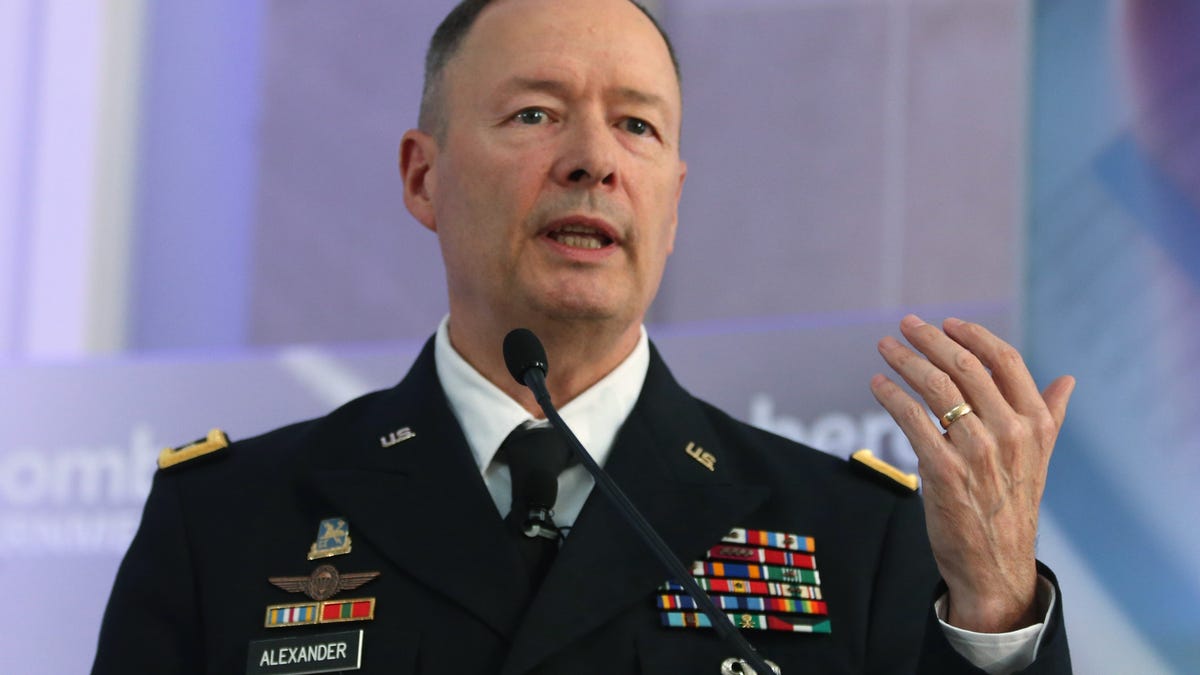White House reportedly considers civilian NSA chief
As the role of the US National Security Agency continues to be examined, the White House thinks about picking a civilian to replace outgoing Gen. Keith Alexander, reports The Hill.

The White House may be looking to appoint a civilian to replace Gen. Keith Alexander as head of the US National Security Agency, according to a report by The Hill on Saturday.
No decision has been made yet, a former administration official told The Hill, but officials have drafted a list of possible civilian candidates for the position. The White House would only name a civilian to lead the NSA if it also decides to split the role of the NSA director and the head of US Cyber Command, according to The Hill.
Alexander, who is expected to resign in the spring of 2014, has been head of the NSA since 2005 and took on the role of head of Cyber Command in 2010.
President Obama promised to reform US surveillance policies after documents leaked by former NSA contractor Edward Snowden revealed the depth of NSA spy programs. Appointing a civilian to lead the agency -- and splitting off Cyber Command -- could help increase transparency and oversight as the NSA tries to rebuild the public's trust.
While civilians lead other US intelligence agencies, such as the CIA and FBI, the top role at the NSA has always been held by military personnel. The Senate would likely have confirmation power over any civilian NSA director, according to The Hill, a power it currently does not have.

